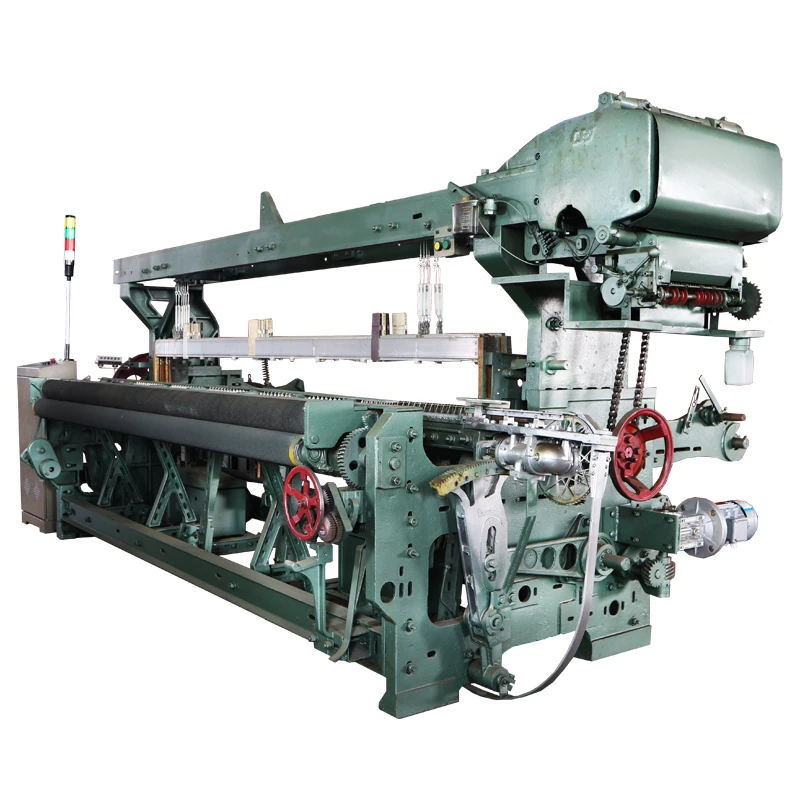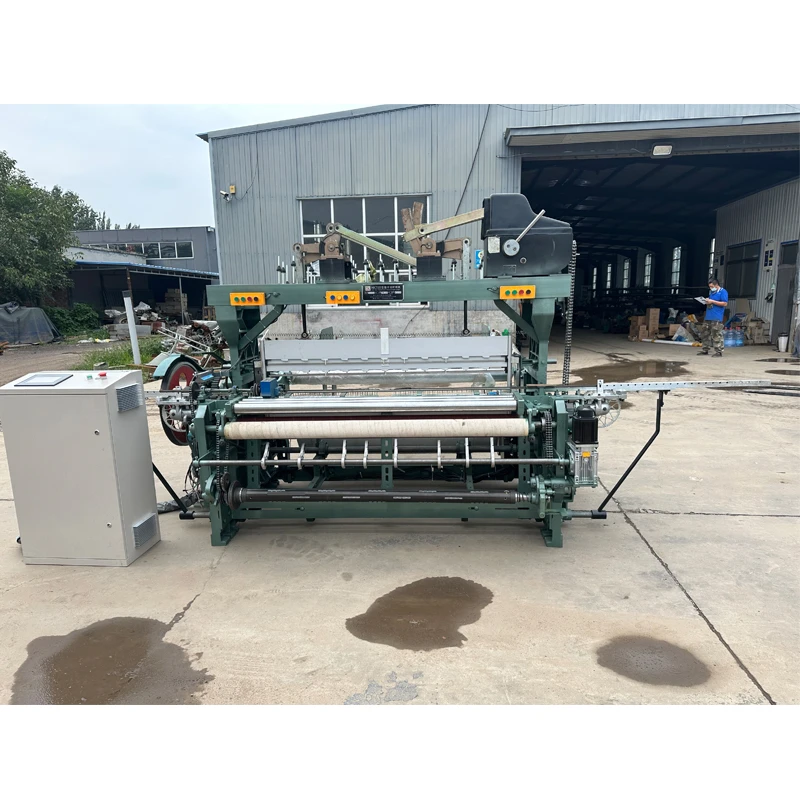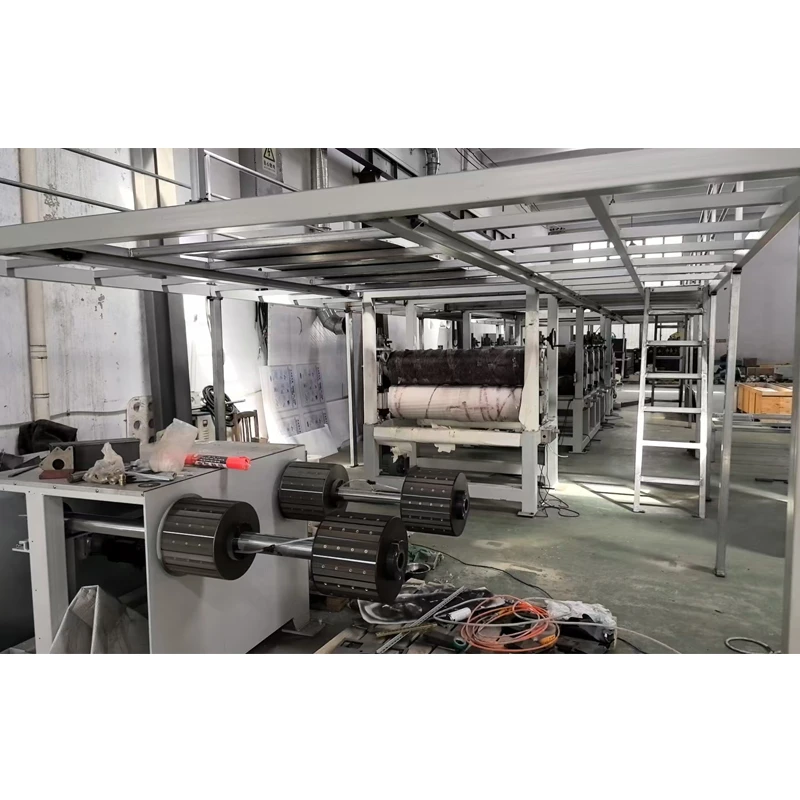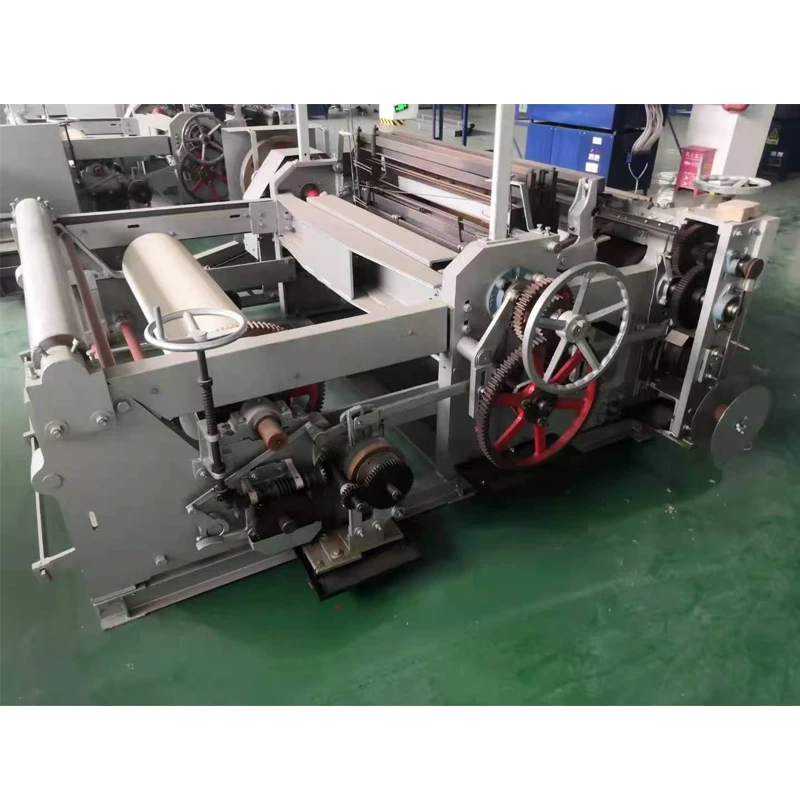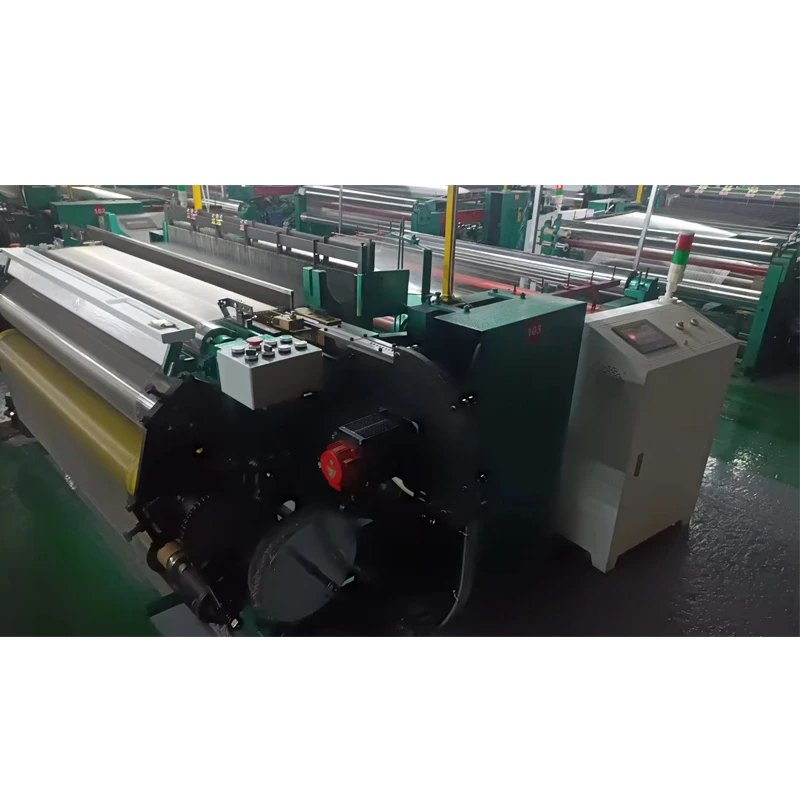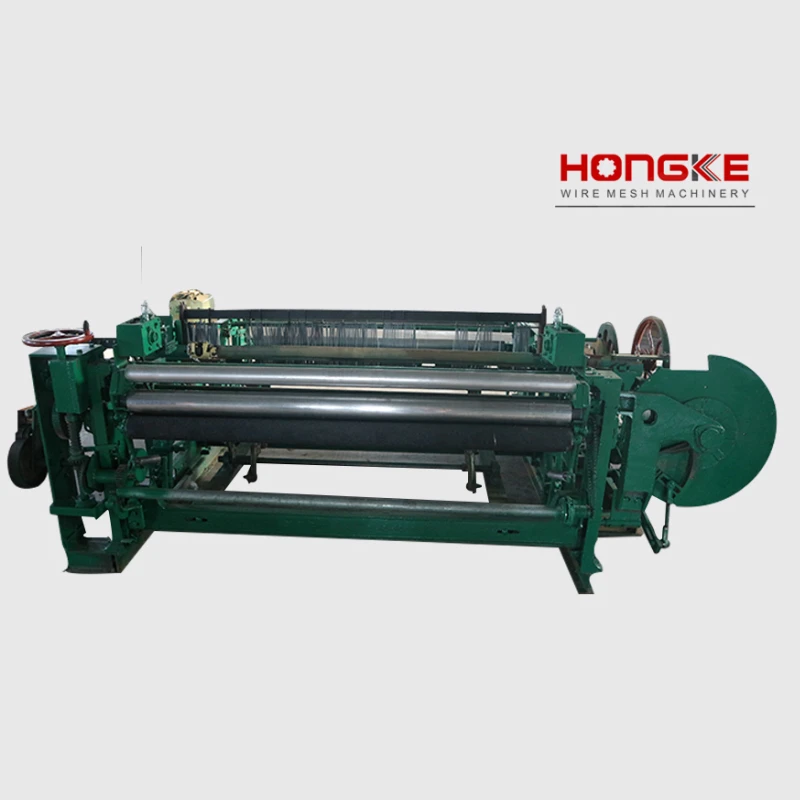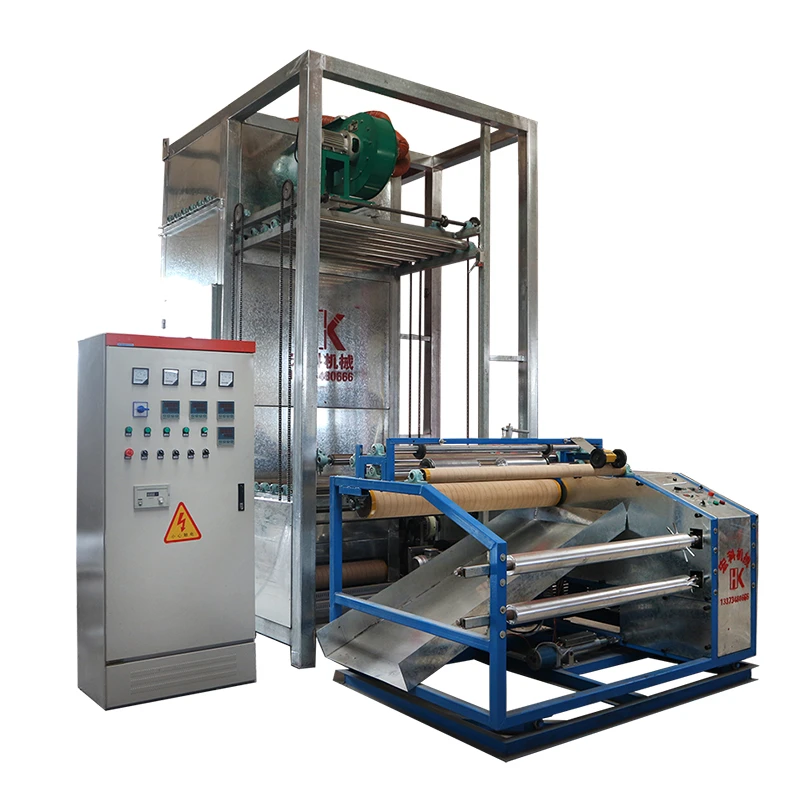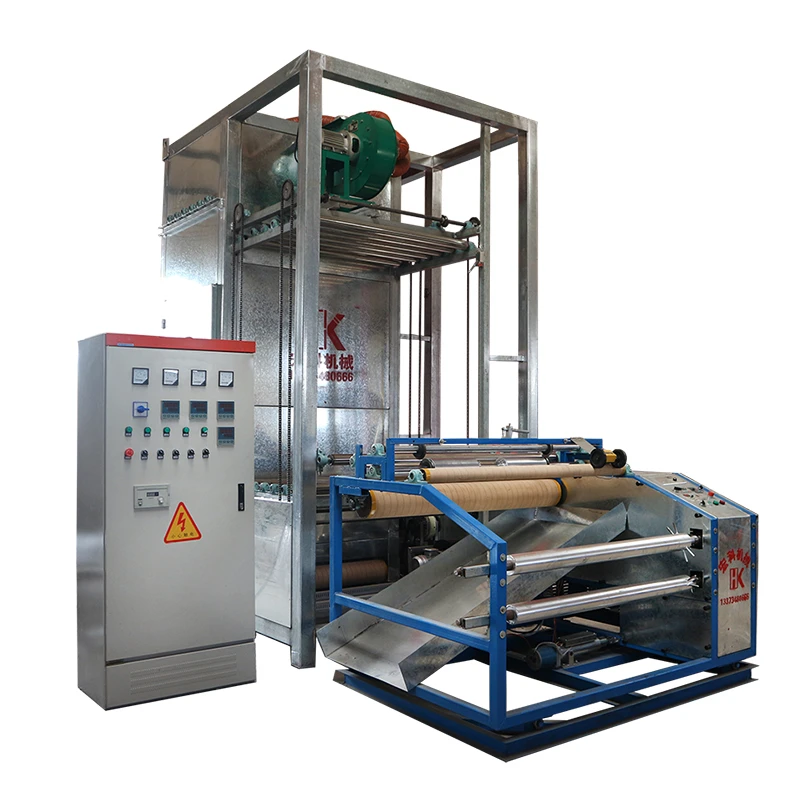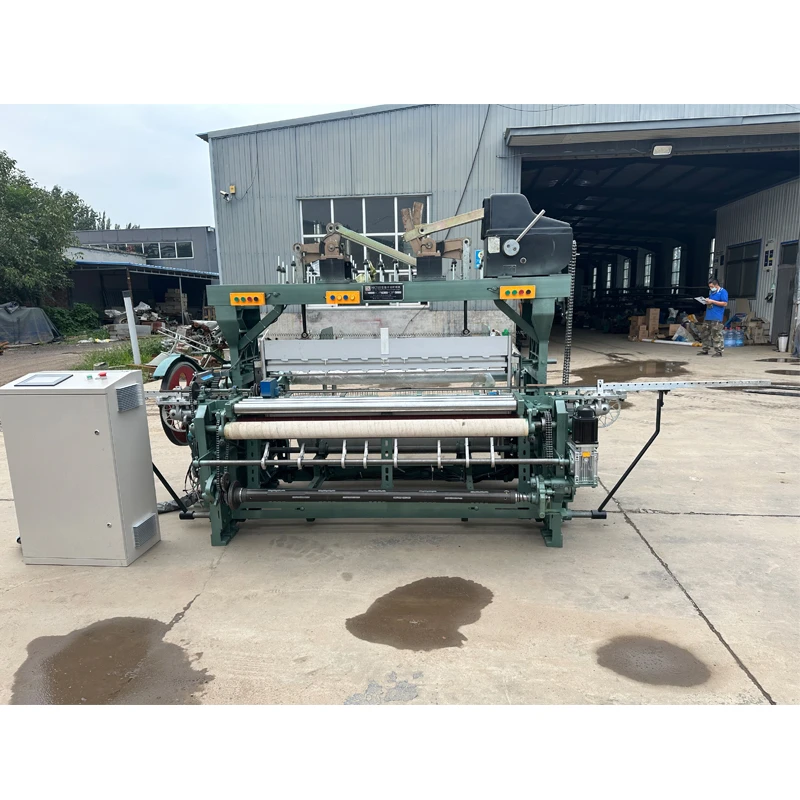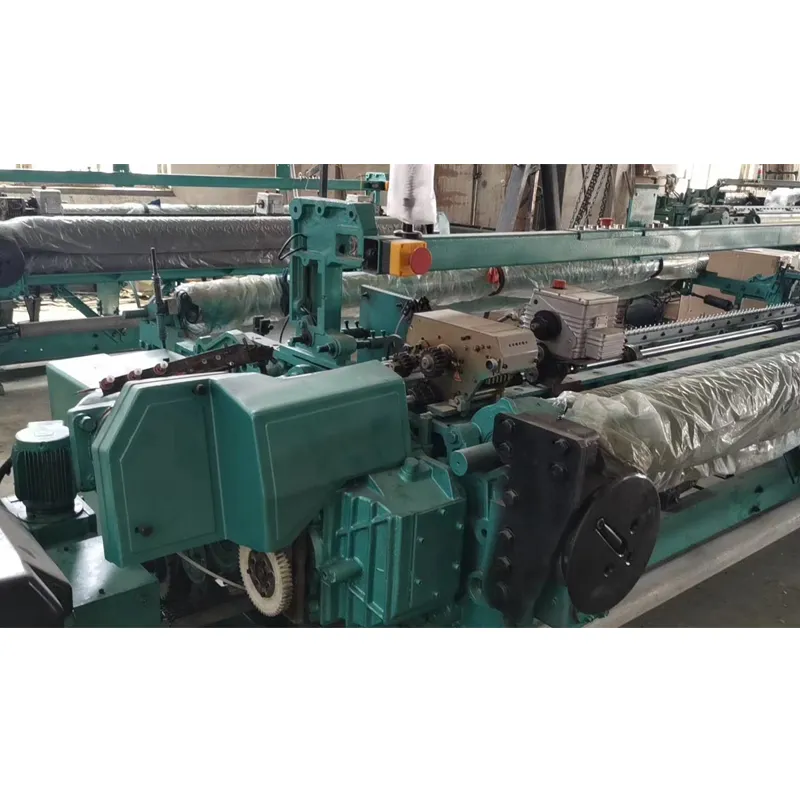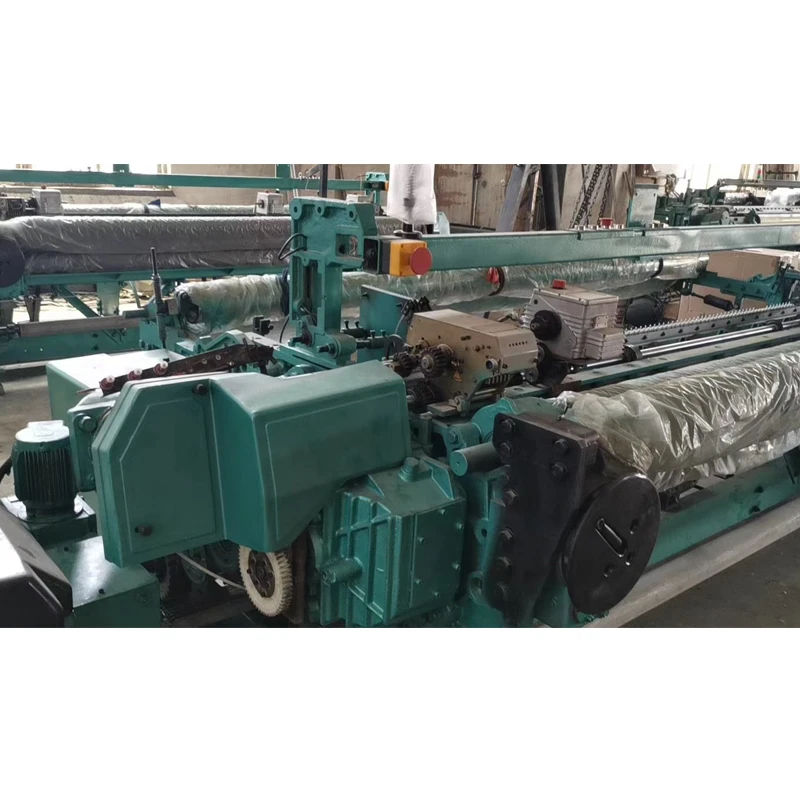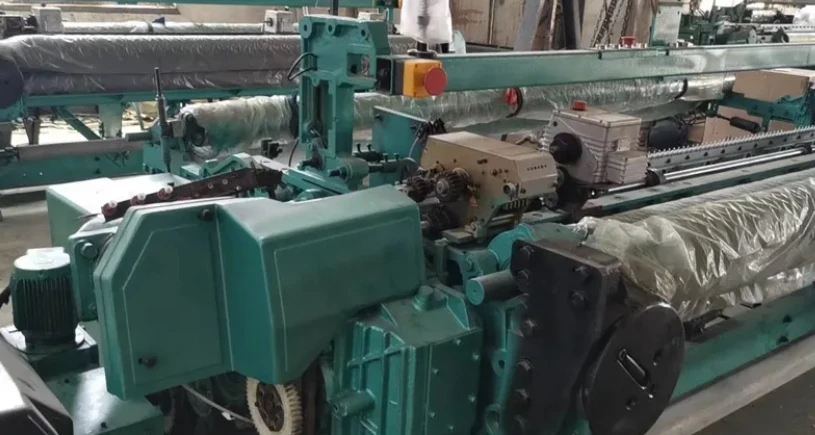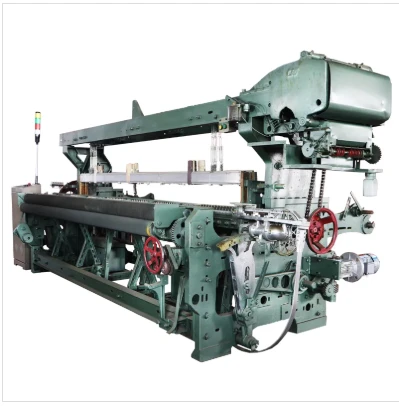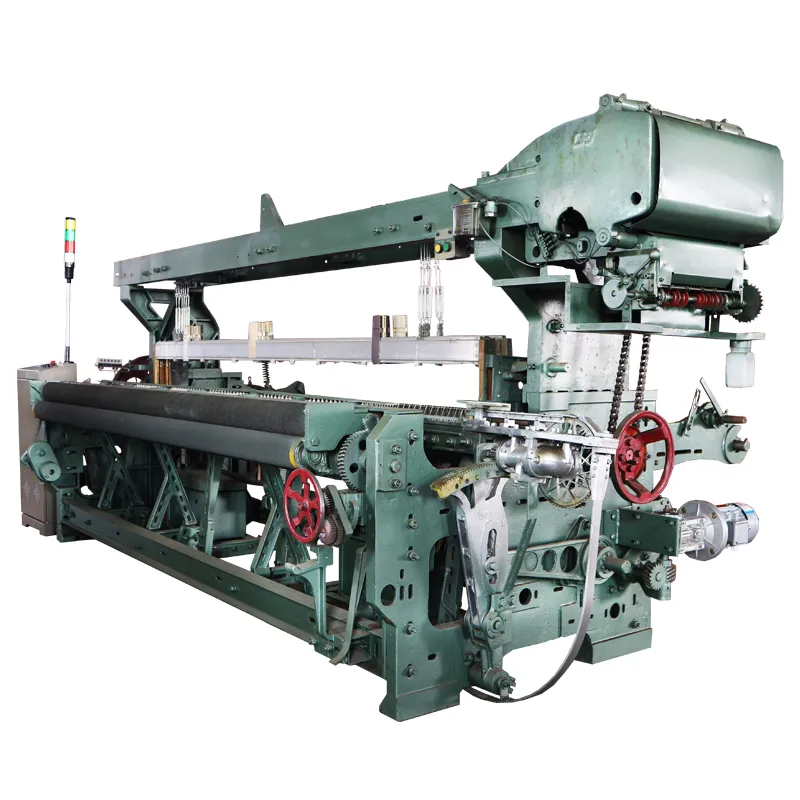
The Fiberglass Mosquito Net Machine represents a cutting-edge solution for producing high-quality fiberglass mesh used in window screens, insect barriers, and industrial applications. This comprehensive production line integrates multiple specialized machines, including the PVC Coating Machine, Warping Machine, Weaving Machine, and Mesh Quality Inspection Machine. Each component is designed to optimize efficiency, durability, and precision in mesh manufacturing. This article explores the technical specifications, functional advantages, and real-world applications of this advanced machinery, developed by Anping Hongke Wire Mesh Machinery Factory, a leading manufacturer in the industry.
Product Overview
The Fiberglass Mosquito Net Machine is a complete production system designed to create durable, aesthetically pleasing mesh structures. It combines several critical processes, including coating, warping, weaving, and quality inspection, to ensure the final product meets stringent industrial standards. The system is particularly suited for manufacturing fiberglass mesh used in windows, doors, and industrial ventilation systems. By leveraging advanced technologies, this machinery enhances productivity while maintaining high-quality output.

Figure 1: Fiberglass Mosquito Net Machine in operation
Key Functional Components
The production line consists of five core machines, each playing a vital role in the manufacturing process:
1. PVC Coating Machine
The PVC Coating Machine is responsible for applying a layer of PVC resin to glass fiber yarn. This process enhances the yarn's tensile strength, flexural strength, and surface finish, ensuring it meets the requirements for window mesh production. The machine features a 26-meter-long structure, with a power rating of 18 kW, capable of producing 800 kg of coated yarn daily (28-30 threads). The coating process involves four grinding tools and two heating stages, ensuring uniform coverage and durability.
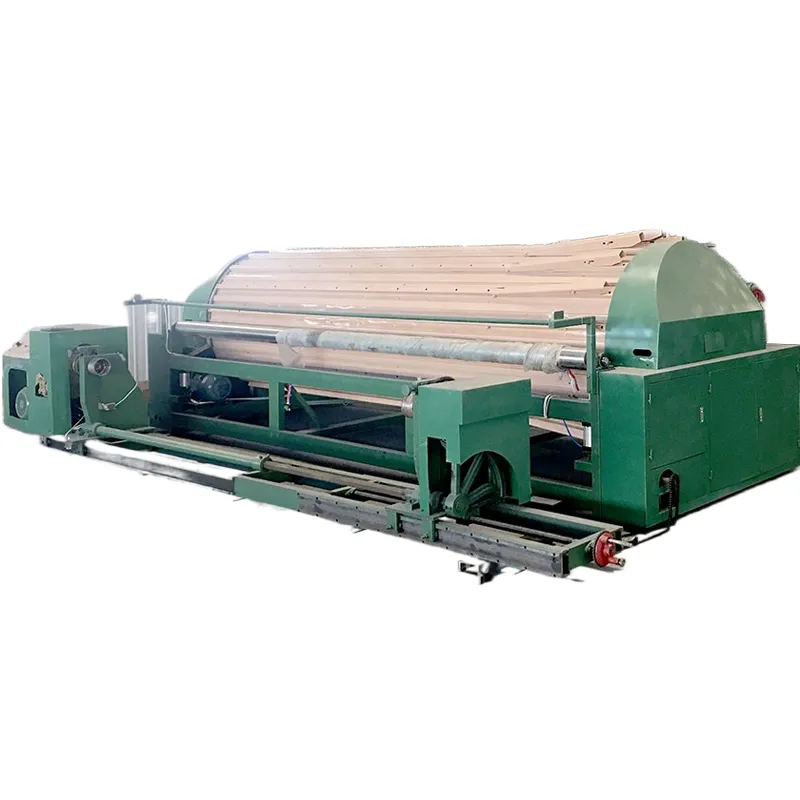
Figure 2: PVC Coating Machine with grinding and heating mechanisms
2. Warping Machine
The Warping Machine prepares the glass fiber yarn for weaving by evenly winding it onto a warp shaft. It ensures proper tension and alignment, critical for the weaving process. The 260-type model, for instance, has a machine size of 4.2m x 1.75m x 1.25m, operates at 15 kW, and weighs 2 tons (excluding the yarn rack). Key features include a 63-kg magnetic powder brake, photoelectric protection, and an infrared stop system. The machine's high automation and stability allow for a winding speed of 800-1200 meters per hour, making it ideal for large-scale production.
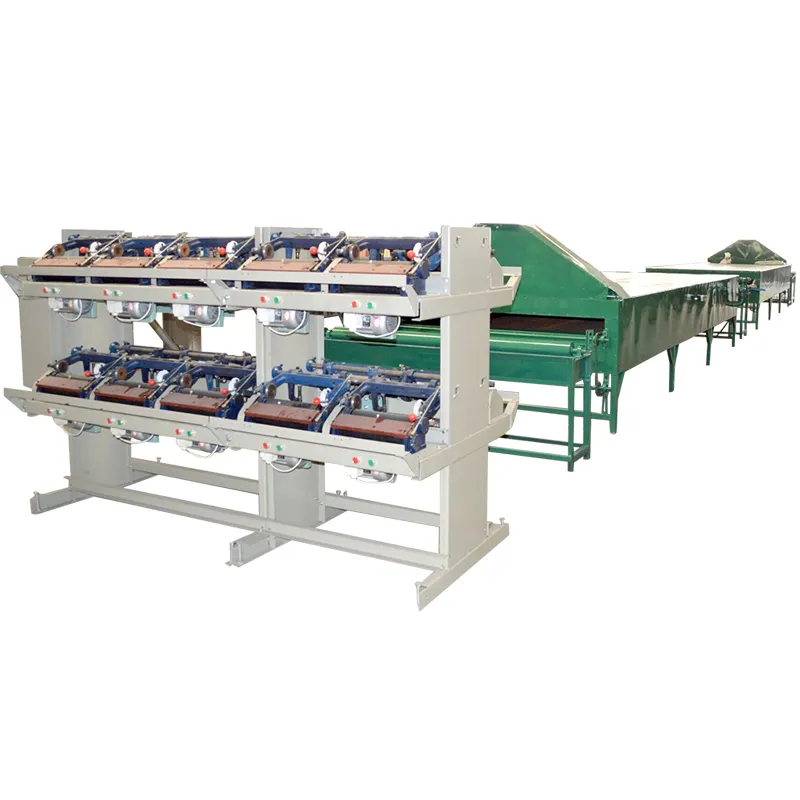
Figure 3: Warping Machine with magnetic powder brake and tension control
3. Weaving Machine
The Weaving Machine transforms the prepared warp yarn into a mesh structure by interlacing it with weft yarn. The 260-type model, for example, has a machine size of 4.2m x 1.8m x 1.45m, operates at 1.5 kW, and weighs 1.8 tons. It features a 45-kg magnetic powder clutch and Tiger King electric control, enabling precise warp sending and winding. The machine's speed ranges from 135-165 times per minute, ensuring efficient production of square mesh with clear texture and flat surface.
4. Coating Machine (Shaping Machine)
The Coating Machine (or shaping machine) applies high-temperature treatment to the finished mesh, bonding the warp and weft yarns for enhanced strength and durability. The main model is electrically heated, with a length of 320 meters, width of 32 meters, and height of 4.5 meters. It has a power rating of 220 kW and uses four ovens for magnetic powder winding. The production rate is 2000-2200 meters per hour, making it suitable for high-volume manufacturing.
5. Mesh Quality Inspection Machine
The Mesh Quality Inspection Machine ensures the final product meets quality standards. It monitors mesh length, density, and other parameters, with a capacity to support eight weaving machines. The machine has an external size of 3100x920x1550 mm, weighs 500 kg, and requires 2.2 kW of power. Its automated inspection system reduces defects and ensures consistency in the final product.
Technical Specifications
| Machine Type | Dimensions (L x W x H) | Power (kW) | Weight (tons) | Speed/Output |
|---|---|---|---|---|
| PVC Coating Machine | 26m x 2m x 1.8m | 18 kW | N/A | 800 kg/day (28-30 threads) |
| Warping Machine (260 Type) | 4.2m x 1.75m x 1.25m | 15 kW | 2 tons | 800-1200 m/h |
| Weaving Machine (260 Type) | 4.2m x 1.8m x 1.45m | 1.5 kW | 1.8 tons | 135-165 times/min |
| Coating Machine | 320m x 32m x 4.5m | 220 kW | N/A | 2000-2200 m/h |
| Mesh Quality Inspection Machine | 3100x920x1550 mm | 2.2 kW | 500 kg | Supports 8 weaving machines |
Advantages and Applications
The Fiberglass Mosquito Net Machine offers several advantages, including:
- High Efficiency: The system's automation and high-speed operation (e.g., 2000-2200 m/h for the coating machine) significantly reduce production time.
- Superior Durability: The PVC coating and high-temperature shaping processes enhance the mesh's strength and resistance to environmental factors.
- Consistent Quality: Advanced inspection systems ensure uniform mesh density and dimensions, minimizing defects.
- Scalability: The modular design allows for expansion to meet increasing production demands.
This machinery is widely used in the production of fiberglass mesh for applications such as:
- Residential and commercial window screens
- Industrial ventilation and filtration systems
- Protective barriers for agricultural and outdoor equipment
- Custom mesh solutions for specialized industries
Company Background: Anping Hongke Wire Mesh Machinery Factory
Anping Hongke Wire Mesh Machinery Factory is a leading manufacturer of industrial mesh production equipment, specializing in fiberglass mesh machines and related technologies. With years of experience, the company has established itself as a trusted supplier to businesses worldwide. Their products are designed to meet international standards, ensuring reliability and performance in diverse environments.
As noted by the National Institute of Standards and Technology (NIST), "Advanced manufacturing technologies play a critical role in improving product quality and production efficiency. The integration of automation and precision engineering, as seen in the Fiberglass Mosquito Net Machine, aligns with global standards for industrial innovation" (NIST, 2025).
Conclusion
The Fiberglass Mosquito Net Machine is a testament to the advancements in industrial mesh production. By combining cutting-edge technology with user-friendly design, Anping Hongke Wire Mesh Machinery Factory has created a solution that meets the demands of modern manufacturing. Whether for residential, commercial, or industrial applications, this machinery ensures high-quality output, efficiency, and durability. For more information, visit the Anping Hongke Wire Mesh Machinery Factory website or contact their team for tailored solutions.
References
National Institute of Standards and Technology (NIST). (2025). *Advanced Manufacturing Technologies*. Retrieved from https://www.nist.gov/.

Pervious








